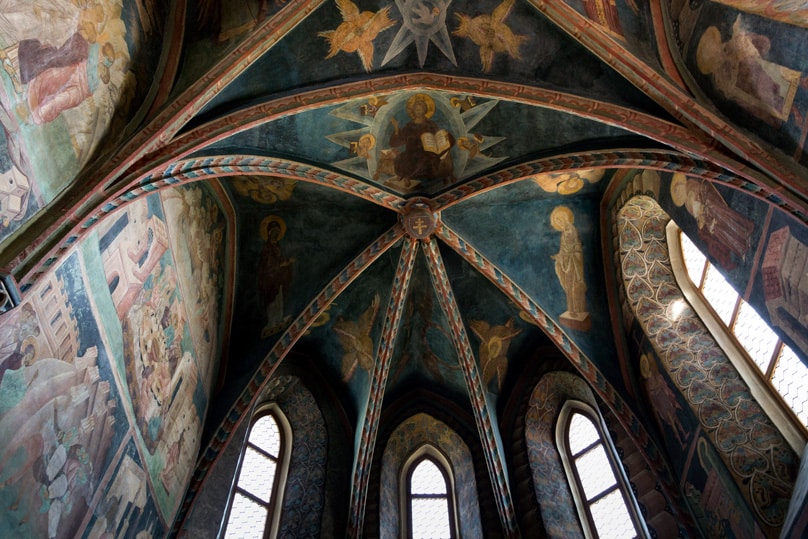
As a Byzantine Catholic [writes Dr Adam A J DeVille] in communion with my Latin brethren, I have watched with great anxiety the liturgical turmoil they have been enduring for more than forty years now and cannot stand idly by: when one part of the body suffers, we all suffer. Moreover, as a Catholic whose life’s work has been thus far devoted to rapprochement with Orthodoxy, I cannot stay silent when one of the concerns Orthodoxy has about communion with the pope of Rome is precisely his willingness to meddle, micromanage, and even destroy (or at least attempt to “abrogate”) something so venerable as the liturgy, the very source and summit of our life together.
If a Byzantine Catholic such as myself were foolish enough to attempt to offer some ideas to Latin discussions about liturgical enrichment and reform, what might those ideas consist of?
Perhaps, true to Eastern apophatic methods, it is easier to begin with a counsel of negation for the Western liturgist. First, stop sneering and sloganeering (“he’s not a liturgist!”) and pretending like you belong to some great guild of illuminati whose academic credentials qualify you and you alone to speak on these matters. Stop condescending to the people of God by claiming they cannot possibly understand what “consubstantial” or “oblation” mean. Have you tried to teach them? (After just two sessions last semester, the Roman Catholic students in my Trinity class were confidently and intelligently discussing Greek terms like ousia, perichoresis, and prosopon.)
Have you, moreover, ever seriously consulted the people of God about liturgical reform? Or was it imposed from the top down by a papal fiat beholden to a commission of ideologues? Leitourgia is indeed the “work of the people” or “public service.” Leitourgia is as much the “property” of (and as much performed by) the untutored, semi-literate baba—who kept the faith in the Soviet gulag, or under Islamic domination, and taught her children and grandchildren how to pray—as it is of anyone else, especially the so-called experts. She (“Mrs. Murphy” as the Latin liturgist Aidan Kavanaugh famously nick-named her) has as much right to contribute here as anyone swanning about with a graduate degree from the Anselmo …
Read the rest at Catholic World Report.
Dr Adam A J DeVille is Associate Professor and Chairman of the Department of Theology-Philosophy, University of Saint Francis, Fort Wayne, Indianapolis.
